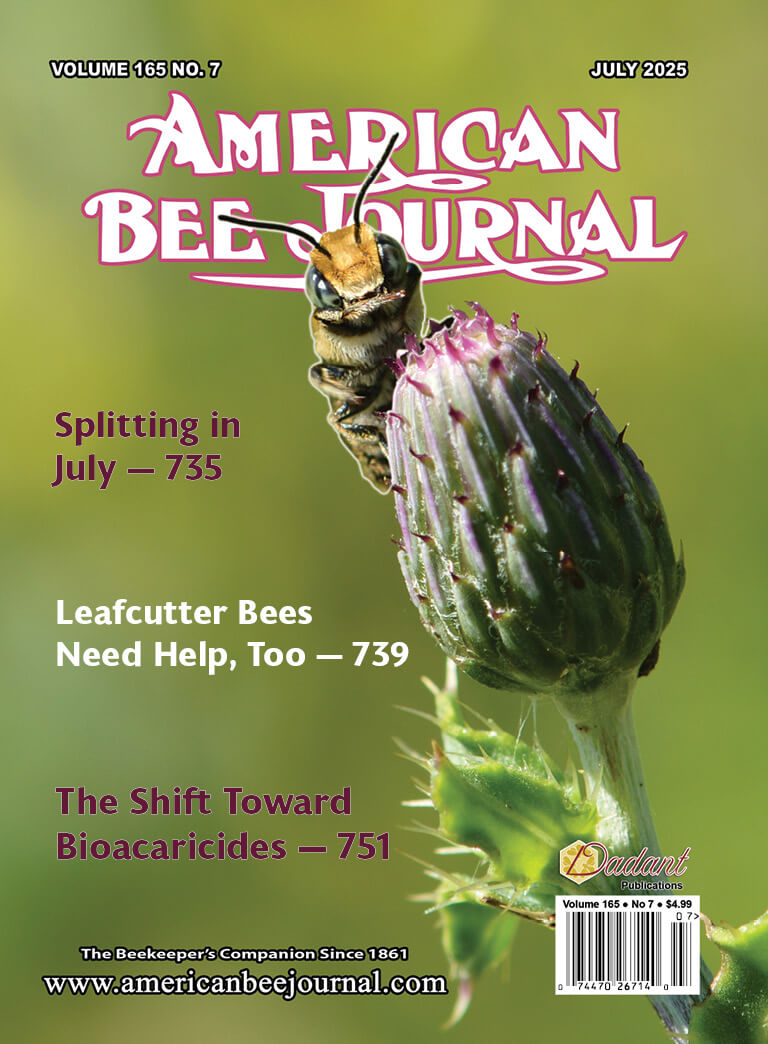The Curious Beekeeper
Never Underestimate a Jar of Honey
This article will not reveal the origin of purple honey, nor will it explain its fantastical ability to alter human behavior. Like magic mushrooms, purple honey changes people from sane and sensible to illogical and irrational. Except, unlike magic mushrooms, you don’t need to eat it. Instead, you simply gaze, transfixed, into the depth of its purple loveliness. I can’t explain any of that. Instead, this story is about the people who will canvas the continent and pay any price for a single serving of this elusive purple liquid.
Despite what you might think, these eager customers are not rare — they’re everywhere. I hear from them daily as they try to place orders on my website, even though I explicitly state that 1) I don’t sell anything, 2) I have zero purple honey even if I wanted to sell it, and 3) I don’t know anyone else who has any either.
Instead of going away after I repeat items 1-3 above, many will explain that they need it for weight loss, diabetes, ADHD, rickets, or some other malady, common or un. They sometimes plead, seeming to think I might change my mind if their story is urgent enough.
Now, you may wonder — as do I — why these people are asking me, someone who lives on the wrong side of the continent for purple honey. Yes, it’s crazy, so I’ll simply take a stab at explaining the inexplicable.
Lots of study, little reward
During my 15 years of bee blogging, I’ve always tried to answer inquiries with hard science. I don’t resort to conclusory answers or social media drivel, but strive for researched and considered opinions. Although I can often answer from experience and training, sometimes I’m stumped. To those riddles, I plead ignorance with a promise to dig, which I do.It’s this insistent quest that made me the self-proclaimed authority on purple honey. I’ve spent months of hazy afternoons and star-speckled evenings researching nectar plants, interviewing beekeepers, and evaluating records of discovery. I’ve answered hundreds of questions, recorded taste descriptions, and mapped sightings of purple magic even though my bees never produced a single molecule of it. And I’ve also been lucky enough to taste and photograph purple honey, and to view it under a microscope.So, after all those frustrating hours, what do I know about purple honey that no one else knows? Which questions can I answer with certainty? Well, the answer is none. Zilch. Zero. Nada. But I sure learned a lot about people along the way, some of which I will share. …


